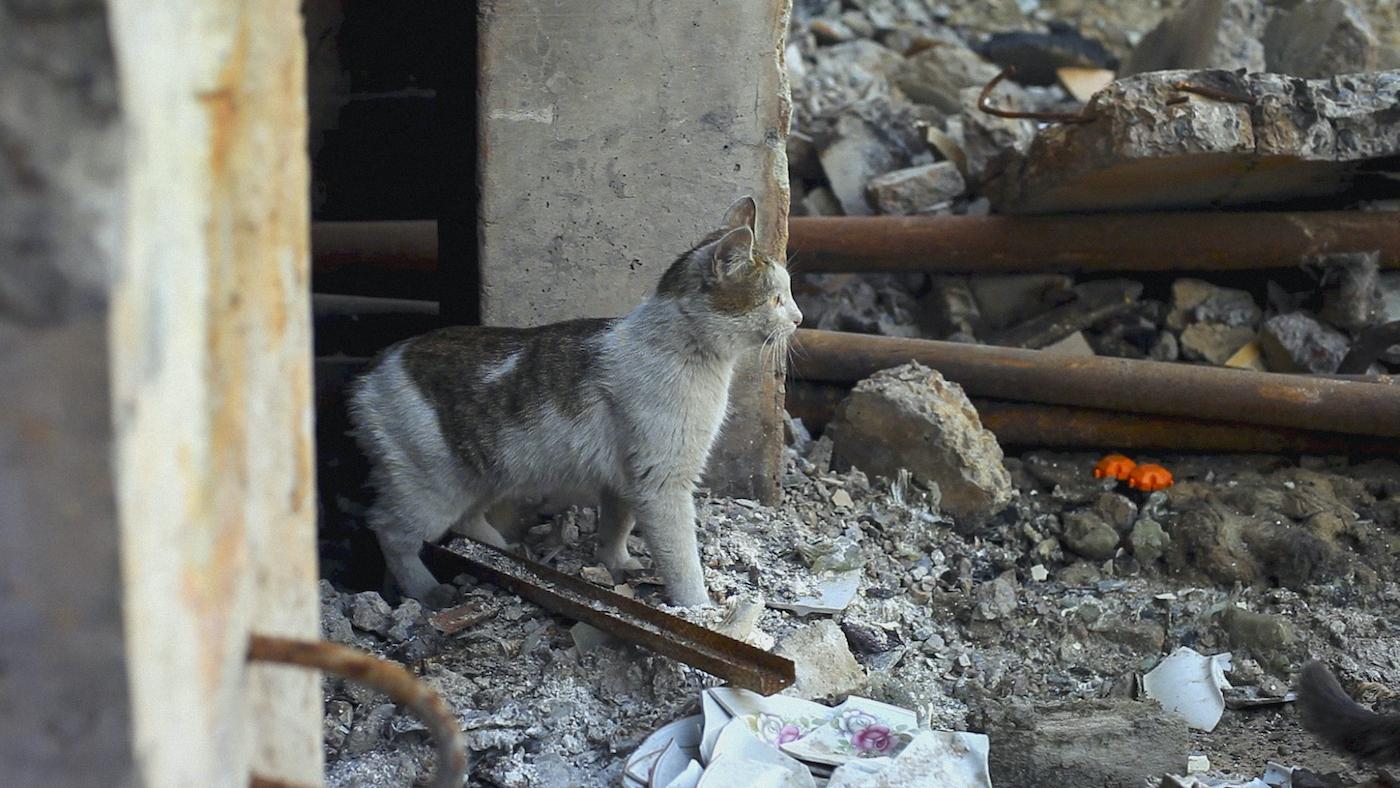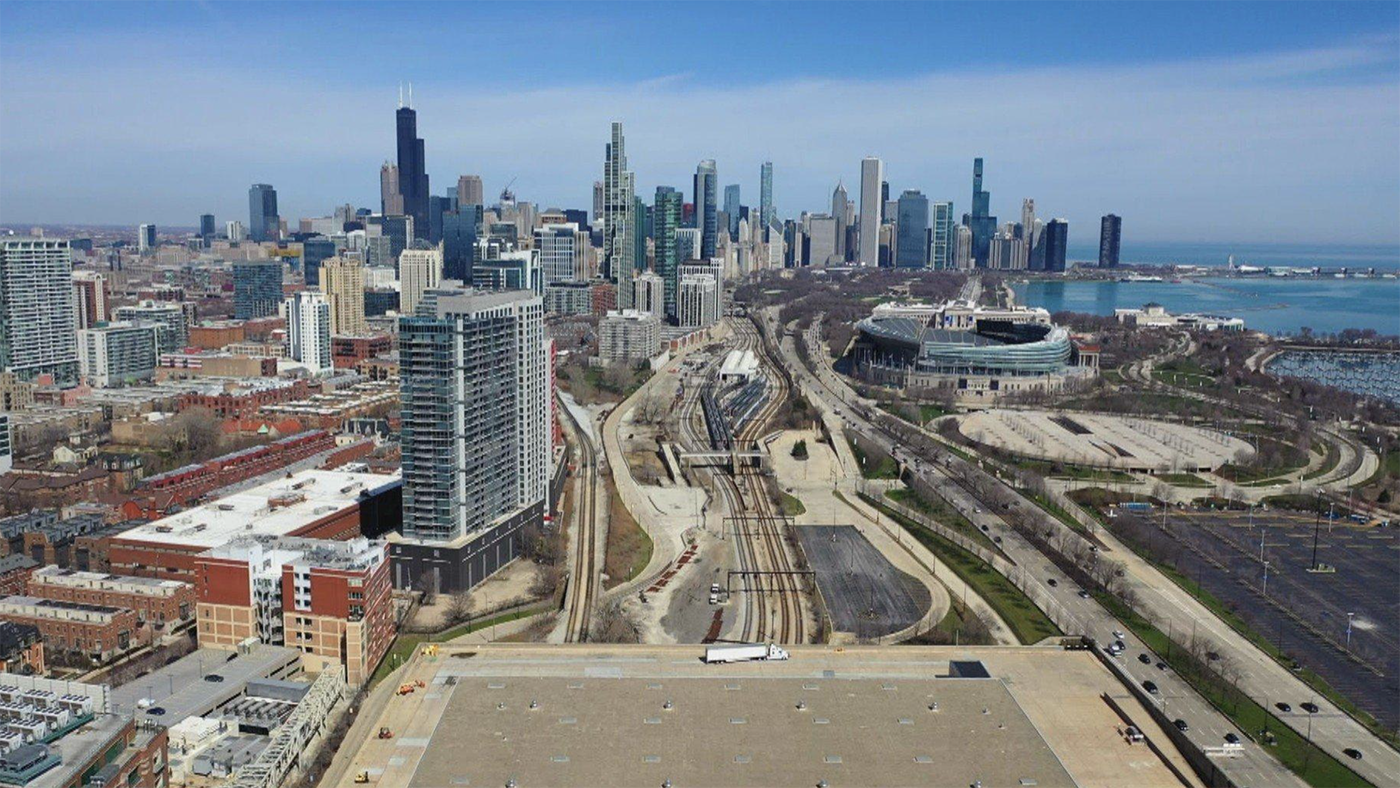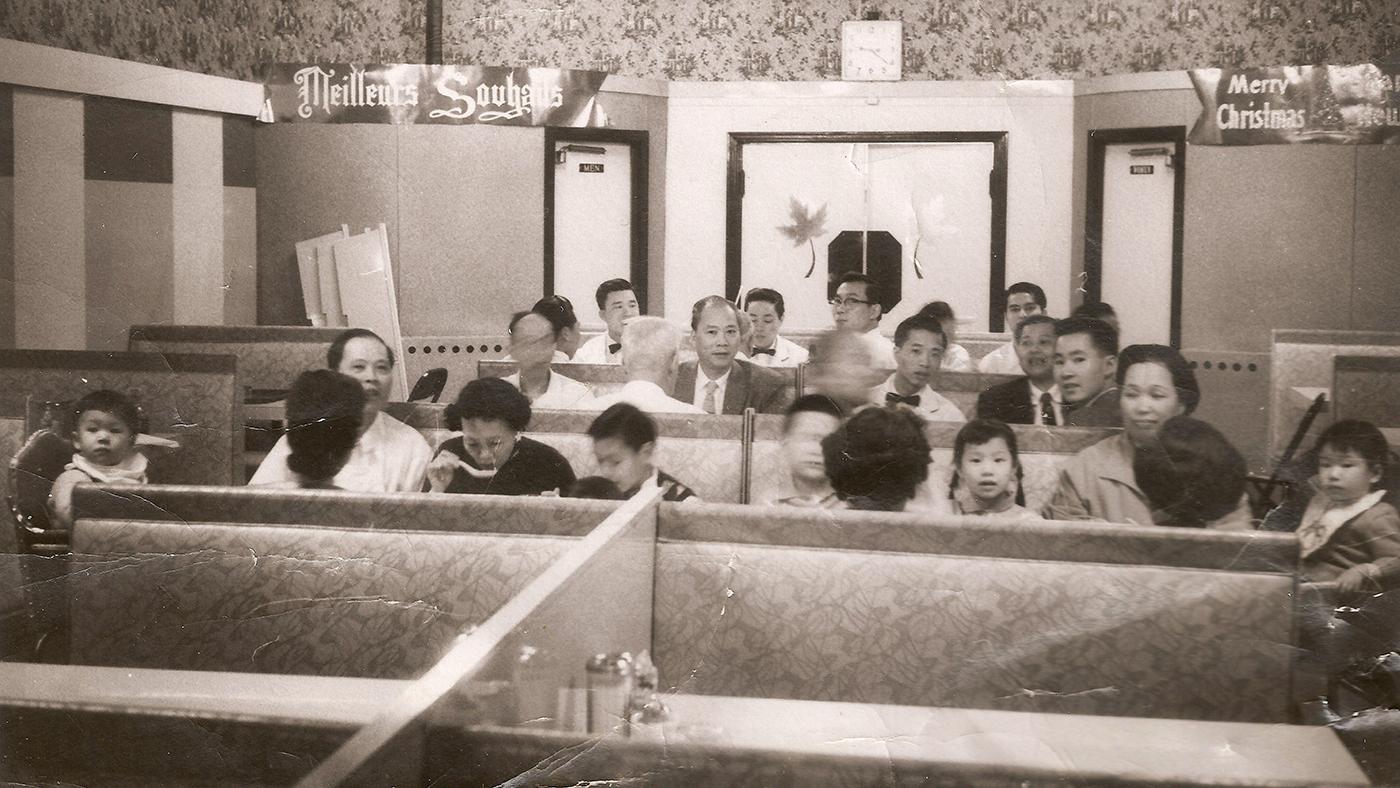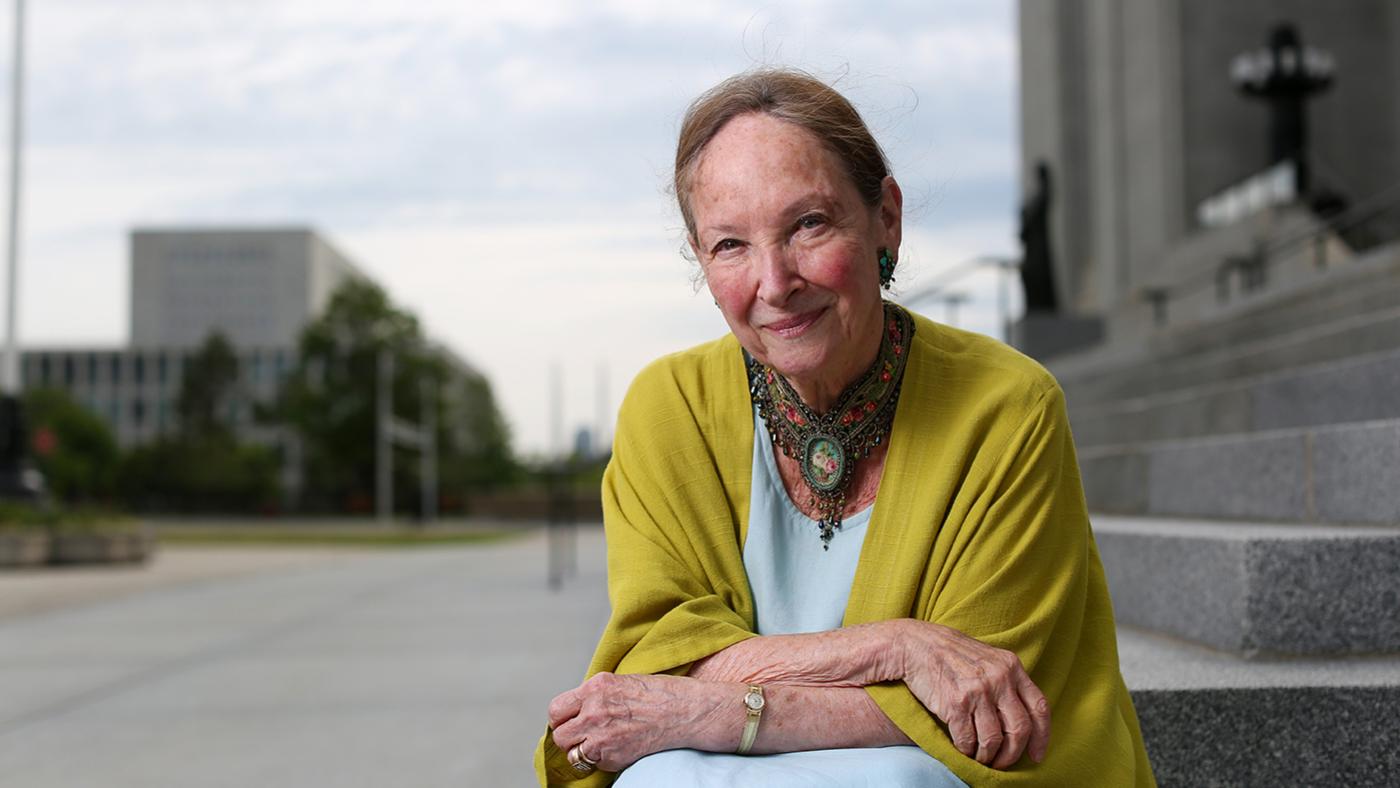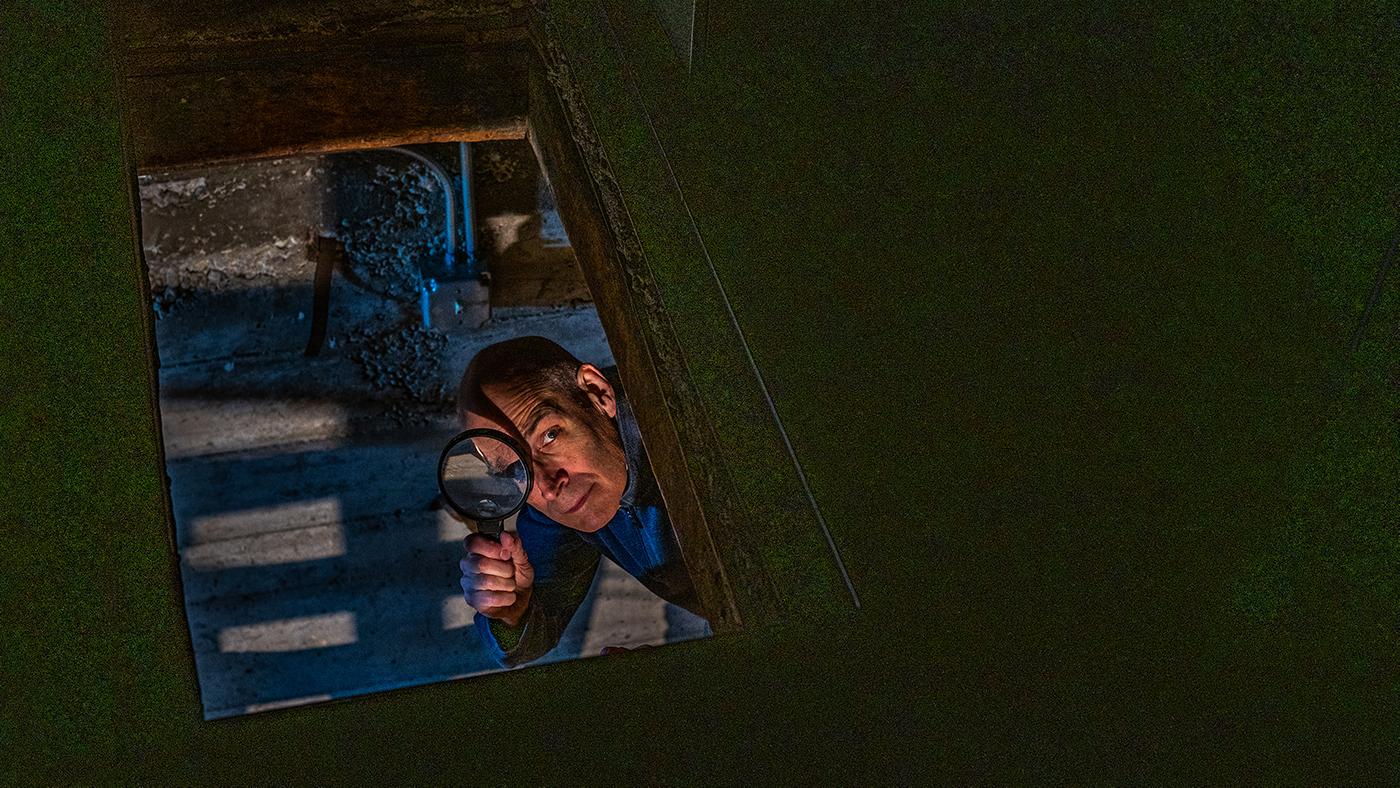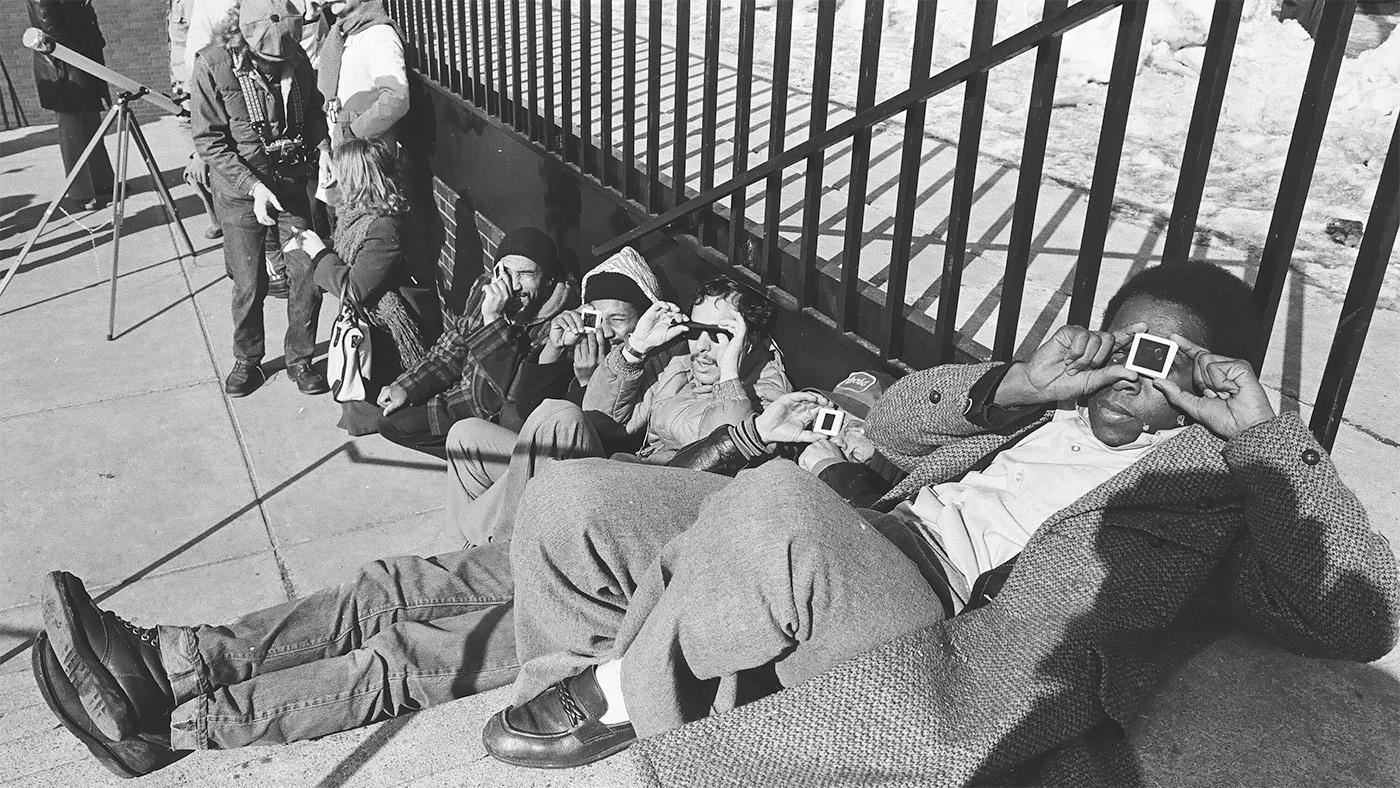New Documentary Explores the Complicated and Controversial Power of TikTok
Meredith Francis
October 19, 2022
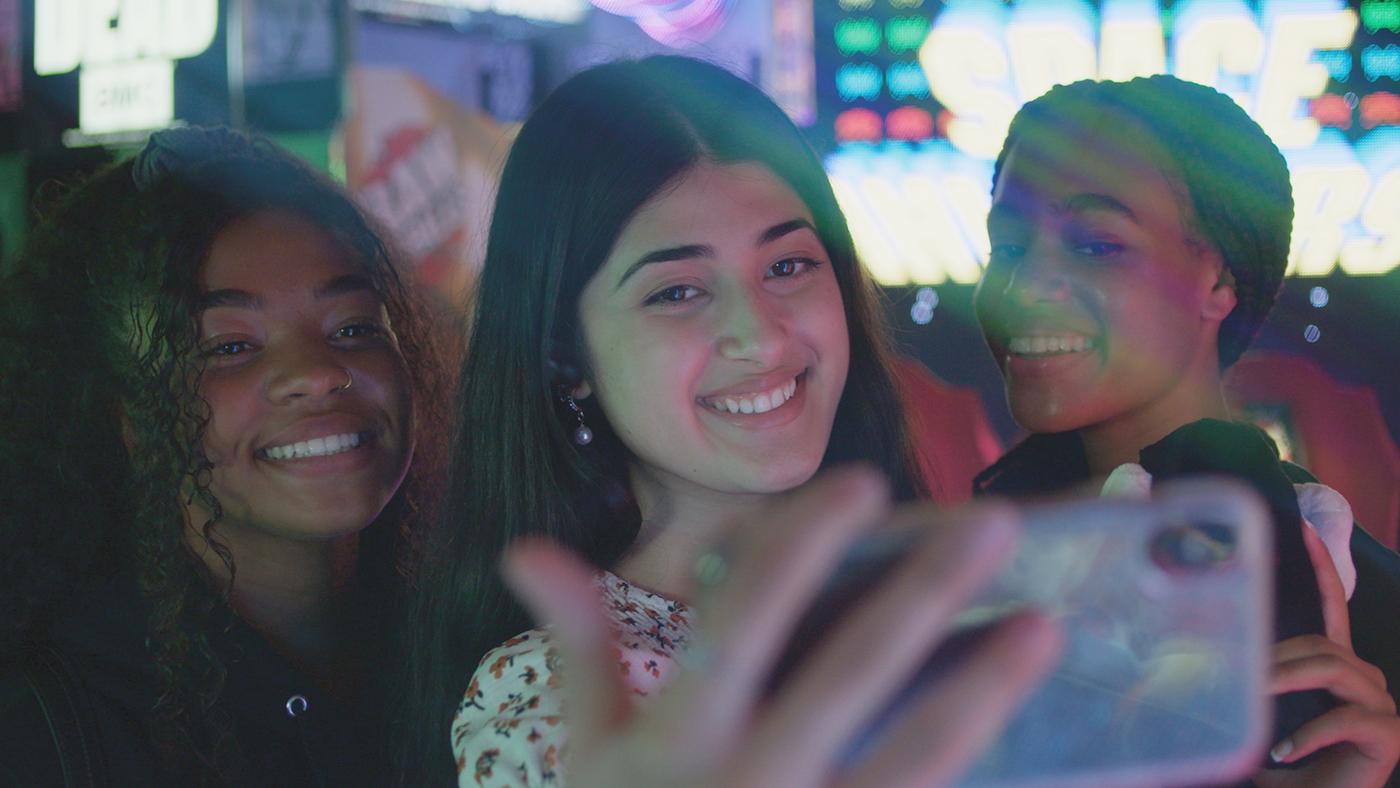
TikTok, Boom premieres on WTTW at 10:00 p.m. on Monday, October 24.
If you’ve ever scrolled through TikTok to learn a dance, watch a makeup tutorial, pick up some home improvement tips, or check in on your favorite cat, you’re far from alone. In 2020, according to Forbes, TikTok had 850 million downloads, making it the leading app that year.
“Like millions of Americans, I started using TikTok during the pandemic,” says Shalini Kantayya, the director and producer of the new documentary, TikTok, Boom. “I was completely in awe and also terrified of how quickly this app sucked me in as part of its stickiness and addictiveness and how powerful the recommendation algorithm is.”
TikTok, Boom, which premieres on WTTW and PBS as part of Independent Lens on October 24, explores some of the controversy surrounding the popular social media app, including privacy issues, mental health ramifications, and the lack of transparency around content moderation.
The film follows the rise of the app from its origins at a Chinese start-up called ByteDance. In 2016, the company developed a short-form video app called Douyin in China, launching it as TikTok in markets outside of China in 2017.
“I got curious about how a social media app best known for teenagers dancing becomes the center of a geopolitical controversy,” Kantayya says. “I was astounded by [how] it transformed every industry and has become a major sphere of cultural power. I think some of the controversy around it is that Silicon Valley has never had … a social media app that was owned by a Chinese company with that kind of dominance over the market.”
TikTok, Boom follows three content creators on TikTok. For them, TikTok has become a source of income, a powerful platform to advocate for issues, or a place of connection and creativity. But with those benefits—for influencers and casual users alike—come consequences.
“That is the question of the day: can we get the benefits of the technology without the harm?” Kantayya says.
Kantayya says one of the topics of the film is how valuable our data has become and what that means for the privacy of children on the app. As one lawyer, Scott Drury, puts it in the film: the company may know a child better than his or her parents.
“One of the things that is particularly concerning is how, at the beginning, a third of [TikTok’s] users were under the age of fourteen. So when a company starts collecting data on a child until they come of age, what can be known about that child?”
For the young adults that TikTok, Boom follows, the pressures to create on the app and the online bullying many experience also impacts their mental health. Conversations about the damage of social media on mental health are still fairly new, Kantayya says, since the first generation who grew up as “digital natives” are just now reaching adulthood. In the film, one creator, Deja Foxx, discusses the bullying and hate she experiences on the app.
“She’s not able to shut off social media because it’s the source of her income, and so therein lies the rub,” Kantayya says. “This technology gave her upward mobility, and at the same time she has to face the kind of hate that has become our online culture, and that takes a toll on her mental health.”
TikTok, Boom also discusses the lack of transparency around the algorithm and content moderation. The documentary interviews Feroza Aziz, an Afghan American teenage activist, who had some of her videos removed after posting a video about the human rights abuses of the Uyghur people in China.
Other users posting about certain topics—for example, the Black Lives Matter movement—were “shadow banned,” meaning videos (even those from creators with thousands of followers) receive little to no views. Kantayya says the film highlights how this is an issue that is becoming common for all social media platforms, including Facebook, Twitter, and Instagram.
“[These platforms] are increasingly becoming the public square of our democracy, and yet there's not a lot of transparency about how content is being moderated and on issues of free speech. One of the things that's complicated within the context of democracy is that our ideas about free speech are not all agreed upon.”
Those are the kinds of important decisions, Kantayya says, that are being made in the shadows.
“These are issues that are really growing,” she says. “We are adapting technology so quickly and not carefully examining how they're impacting our worldview and our mental health and our relationships. I hope that the film sparks those conversations.”

